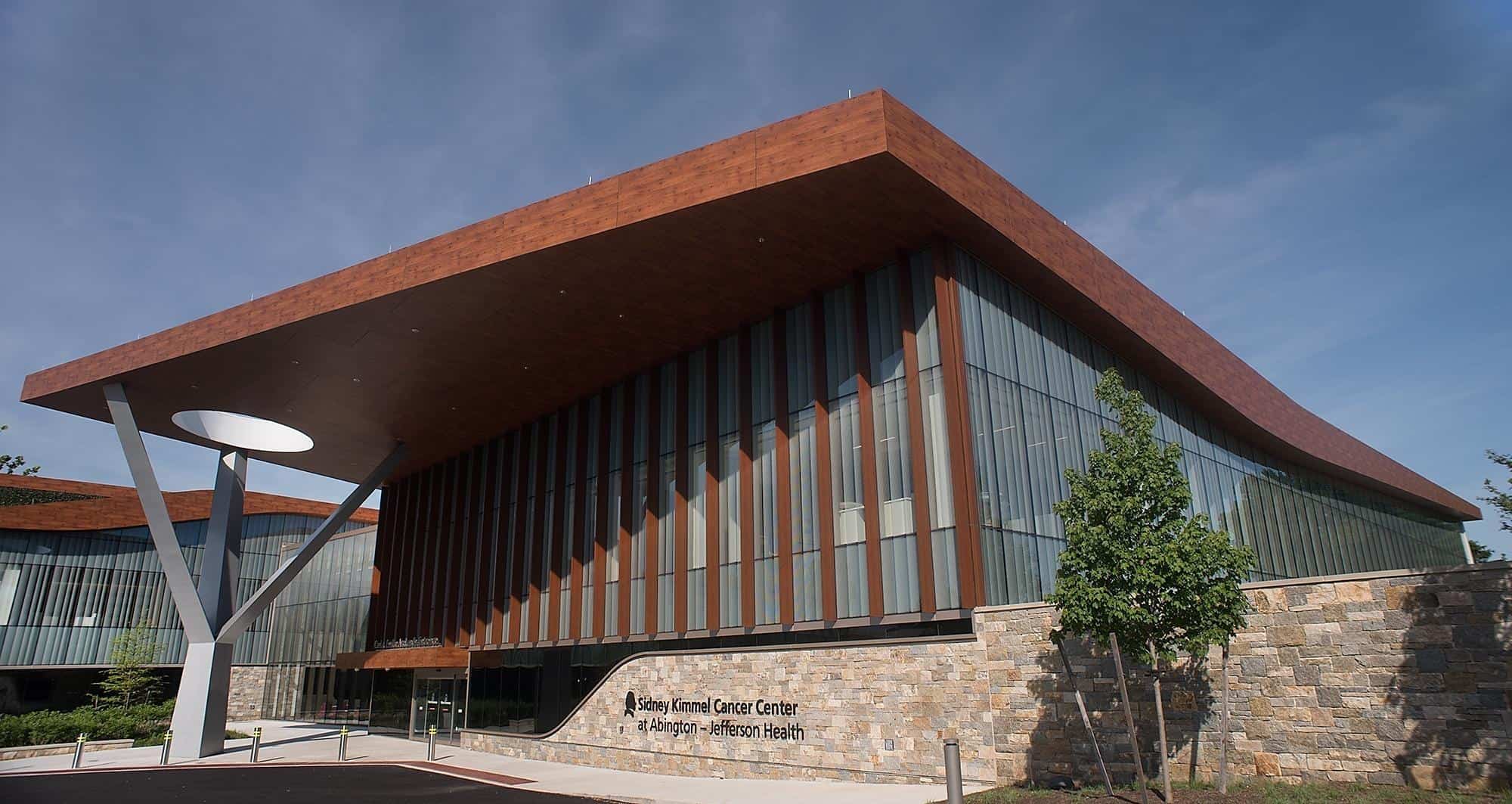What are Private Underground Utilities?

If you have used the Call 811 system before, you have likely encountered a response that alerted you to the existence of private underground utilities. What are private utilities? And who will locate them? The truth is, no matter where you plan to excavate, the risk of damaging a private utility is present. Understanding what to look for is critical for damage prevention. This article will help explain some of the potential private underground utilities you may encounter on different property types: Residential, Commercial, Private Campuses, and Industrial.
Residential Private Utilities
 Private utilities are typically at a minimum on residential properties. Depending on the type of dwelling, there could be no private utilities present, or there may be a handful. On properties that contain a single family home, a few common private underground utilities may include an electric cable feeding a lamp post(s) along the driveway or walkway, gas and electric feeding into swimming pool equipment, or electric and telephone feeding into a detached garage. Some larger homes may have a few more underground utilities if additional structures can be found throughout the property such as a carriage house, pool house, or in-law suite. Watch out for fountains as well as there may be underground water piping.
Private utilities are typically at a minimum on residential properties. Depending on the type of dwelling, there could be no private utilities present, or there may be a handful. On properties that contain a single family home, a few common private underground utilities may include an electric cable feeding a lamp post(s) along the driveway or walkway, gas and electric feeding into swimming pool equipment, or electric and telephone feeding into a detached garage. Some larger homes may have a few more underground utilities if additional structures can be found throughout the property such as a carriage house, pool house, or in-law suite. Watch out for fountains as well as there may be underground water piping.
Other larger residential properties such as apartment complexes, condominiums, and other community dwellings could potentially have more underground private utilities. Swimming pools will have larger services to them, and walkways and parking lots will be littered with private electric cables feeding into light poles. Some complexes will also have one large meter for some services such as gas or water. This means that all of the service lines between buildings will be privately owned and will not be located when you Call 811. It is also not uncommon for buildings to have steam or chilled water piping that runs from building to building.
Commercial Private Utilities
 The private underground utilities present on commercial and retail buildings are typically not all that different than those found on larger community residential properties. You will likely have a fair amount of underground electric feeding light and lamp poles, as well as CCTV data and electric lines for security cameras. Most of the water pipes on commercial properties will be considered “privately owned” by most municipalities. This is because most properties will be metered in a large meter vault near the road. Some larger commercial spaces will also have a dedicated fire water loop (sprinkler system) in addition to the city (domestic) water service. This can be supplied from the city water main or even a dedicated water tank on or near the property.
The private underground utilities present on commercial and retail buildings are typically not all that different than those found on larger community residential properties. You will likely have a fair amount of underground electric feeding light and lamp poles, as well as CCTV data and electric lines for security cameras. Most of the water pipes on commercial properties will be considered “privately owned” by most municipalities. This is because most properties will be metered in a large meter vault near the road. Some larger commercial spaces will also have a dedicated fire water loop (sprinkler system) in addition to the city (domestic) water service. This can be supplied from the city water main or even a dedicated water tank on or near the property.
Private Campus Utilities
 Private campuses, such as colleges, universities, and even large campuses such as Merck & Co in West Point, PA will have many different private underground utilities. On private campuses, the majority of all underground utilities are privately owned. This may include all major electrical, communications, and water systems. Some private campuses that specialize in research & development and manufacturing of products could have critical systems buried underground that are specific to a research or manufacturing process. Damage to one of these systems could cost a fortune in downtime, particularly since the system may need to be repaired by a qualified or specialty contractor.
Private campuses, such as colleges, universities, and even large campuses such as Merck & Co in West Point, PA will have many different private underground utilities. On private campuses, the majority of all underground utilities are privately owned. This may include all major electrical, communications, and water systems. Some private campuses that specialize in research & development and manufacturing of products could have critical systems buried underground that are specific to a research or manufacturing process. Damage to one of these systems could cost a fortune in downtime, particularly since the system may need to be repaired by a qualified or specialty contractor.

Leave a Reply
You must be logged in to post a comment.